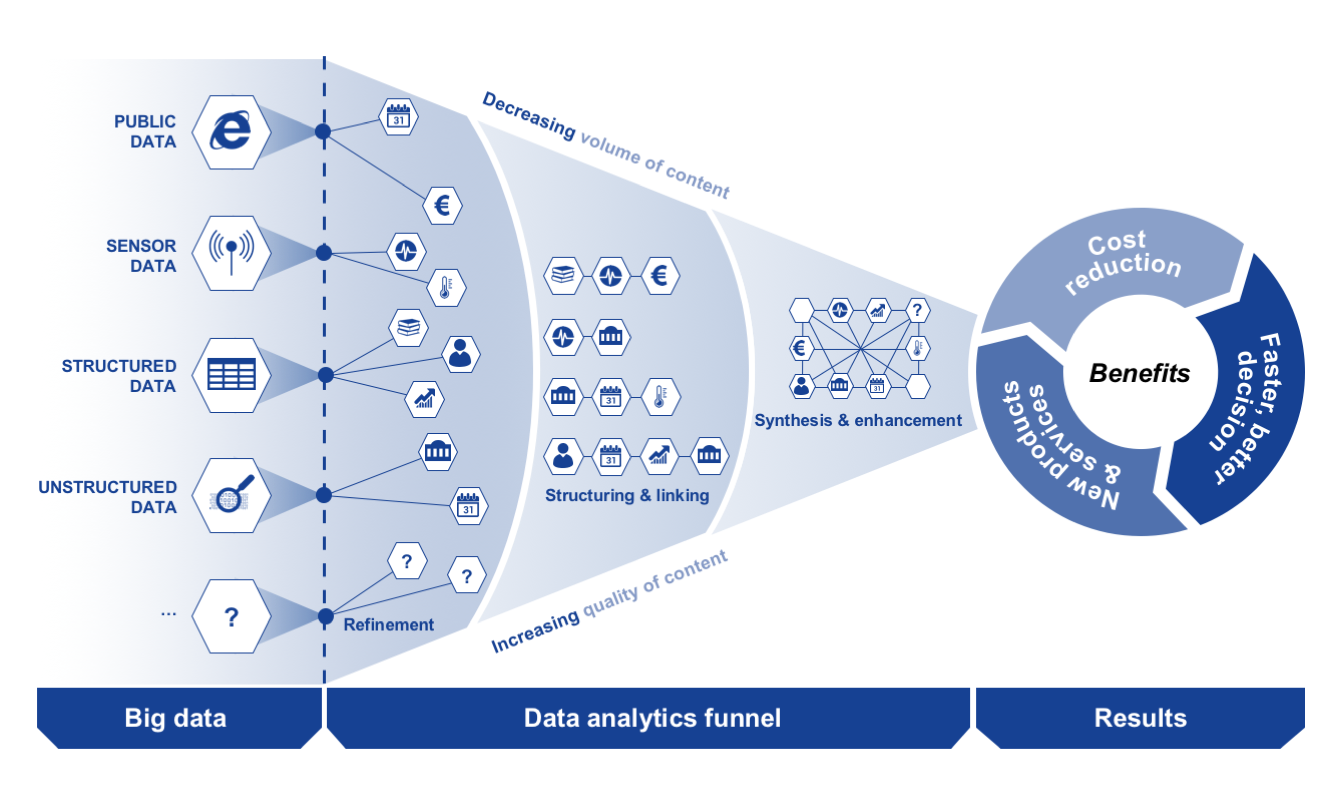The Rise of AI in UK Tech: Opportunities, Challenges, and the Future
Artificial Intelligence (AI) is rapidly transforming the global technology landscape, and the United Kingdom is emerging as a significant player in this revolution. From innovative startups to established tech giants, AI is being integrated into various sectors, driving economic growth, and reshaping industries. This article explores the current state of AI in the UK tech sector, examining the opportunities it presents, the challenges it faces, and the potential future it holds.
The Current State of AI in the UK
The UK has made significant strides in AI research and development, fostered by a strong academic foundation, government support, and a thriving startup ecosystem. Several factors contribute to the UK's position as a leading AI hub:
- World-Class Universities: Universities like Oxford, Cambridge, and Imperial College London are at the forefront of AI research, producing groundbreaking work and attracting top talent.
- Government Initiatives: The UK government has launched various initiatives to promote AI adoption, including funding for research, skills development programs, and the establishment of AI ethics guidelines.
- Investment and Funding: The UK has seen a surge in investment in AI startups, with venture capital firms and angel investors pouring capital into promising ventures.
- A Thriving Startup Ecosystem: London, in particular, has become a hub for AI startups, attracting entrepreneurs and innovators from around the world.
Opportunities Presented by AI in the UK
AI offers a wide range of opportunities for the UK tech sector and the broader economy:
Economic Growth and Productivity
AI has the potential to significantly boost economic growth by automating tasks, improving efficiency, and driving innovation. By automating routine processes, AI can free up human workers to focus on more creative and strategic tasks, leading to increased productivity and higher-value outputs.
Innovation and New Business Models
AI is enabling the development of new products, services, and business models across various industries. From personalized medicine to autonomous vehicles, AI is driving innovation and creating new opportunities for businesses to compete and grow.
Job Creation
While there are concerns about AI displacing jobs, it is also creating new employment opportunities in areas such as AI development, data science, and AI ethics. As AI becomes more integrated into the economy, there will be a growing demand for skilled professionals who can design, implement, and manage AI systems.
Improved Healthcare
AI is revolutionizing healthcare by enabling faster and more accurate diagnoses, personalized treatment plans, and improved patient outcomes. AI-powered tools can analyze medical images, predict disease outbreaks, and assist surgeons in complex procedures.
Enhanced Cybersecurity
AI is playing an increasingly important role in cybersecurity by detecting and preventing cyberattacks. AI-powered security systems can analyze network traffic, identify suspicious activity, and automatically respond to threats, helping to protect businesses and individuals from cybercrime.
Challenges Facing AI in the UK
Despite the significant opportunities, the UK faces several challenges in realizing the full potential of AI:
Skills Gap
There is a shortage of skilled AI professionals in the UK, which is hindering the adoption and development of AI technologies. The demand for data scientists, machine learning engineers, and AI researchers is growing rapidly, but the supply of qualified candidates is not keeping pace. Addressing this skills gap requires investments in education and training programs, as well as attracting talent from abroad.
Ethical Considerations
AI raises important ethical considerations, such as bias, fairness, and transparency. AI systems can perpetuate and amplify existing biases if they are trained on biased data. It is crucial to develop ethical guidelines and regulations to ensure that AI is used responsibly and does not discriminate against certain groups.
Data Privacy and Security
AI relies on large amounts of data, which raises concerns about data privacy and security. It is essential to protect sensitive data from unauthorized access and misuse. The UK has implemented data protection laws, such as the General Data Protection Regulation (GDPR), to safeguard personal data and ensure that AI systems are used in compliance with privacy regulations.
Regulation and Governance
The rapid development of AI requires careful regulation and governance to ensure that it is used safely and ethically. The UK government is working on developing a regulatory framework for AI that promotes innovation while also protecting citizens from potential harms. This framework needs to be flexible and adaptable to keep pace with the evolving AI landscape.
Infrastructure and Resources
Developing and deploying AI systems requires significant infrastructure and resources, including computing power, data storage, and access to high-quality data. The UK needs to invest in these resources to support the growth of its AI sector. This includes providing access to cloud computing services, developing data sharing platforms, and investing in research infrastructure.
The UK's Strategic Approach to AI
The UK government has recognized the importance of AI and has developed a strategic approach to promote its development and adoption. Key elements of this strategy include:
- Investing in Research and Development: The government is investing in AI research and development through various funding programs and initiatives. This includes supporting research at universities and research institutions, as well as funding for AI startups and businesses.
- Developing Skills and Talent: The government is working to address the AI skills gap by investing in education and training programs. This includes supporting university courses in AI and data science, as well as providing training opportunities for existing workers.
- Promoting Ethical AI: The government is committed to promoting the ethical development and use of AI. This includes developing ethical guidelines and regulations, as well as supporting research into AI ethics.
- Encouraging Adoption and Innovation: The government is encouraging the adoption of AI by businesses and organizations across various sectors. This includes providing funding for AI projects, as well as promoting the benefits of AI through awareness campaigns.
- Fostering International Collaboration: The government is working to foster international collaboration on AI research and development. This includes participating in international forums and initiatives, as well as collaborating with other countries on AI projects.
The Future of AI in the UK
The future of AI in the UK is bright, with the potential for significant economic and social benefits. However, realizing this potential requires addressing the challenges outlined above and implementing a comprehensive strategy that promotes innovation, ethical development, and skills development.
Key Trends to Watch
- Increased Adoption of AI Across Industries: AI is expected to become more widely adopted across various industries, including healthcare, finance, manufacturing, and transportation.
- Growth of AI Startups: The UK is likely to see continued growth in the number of AI startups, driven by investment and innovation.
- Focus on AI Ethics and Regulation: There will be an increasing focus on AI ethics and regulation, as policymakers and businesses grapple with the challenges of ensuring that AI is used responsibly.
- Development of New AI Technologies: Researchers and developers will continue to develop new AI technologies, such as explainable AI (XAI) and federated learning, which address some of the limitations of current AI systems.
- Integration of AI with Other Technologies: AI is likely to become increasingly integrated with other technologies, such as the Internet of Things (IoT), blockchain, and cloud computing, creating new opportunities for innovation.
Conclusion
AI is poised to play a transformative role in the UK tech sector and the broader economy. By embracing AI and addressing the challenges it presents, the UK can unlock significant opportunities for economic growth, innovation, and social progress. A strategic approach that focuses on skills development, ethical considerations, and responsible regulation will be crucial to ensuring that AI benefits all members of society.



















